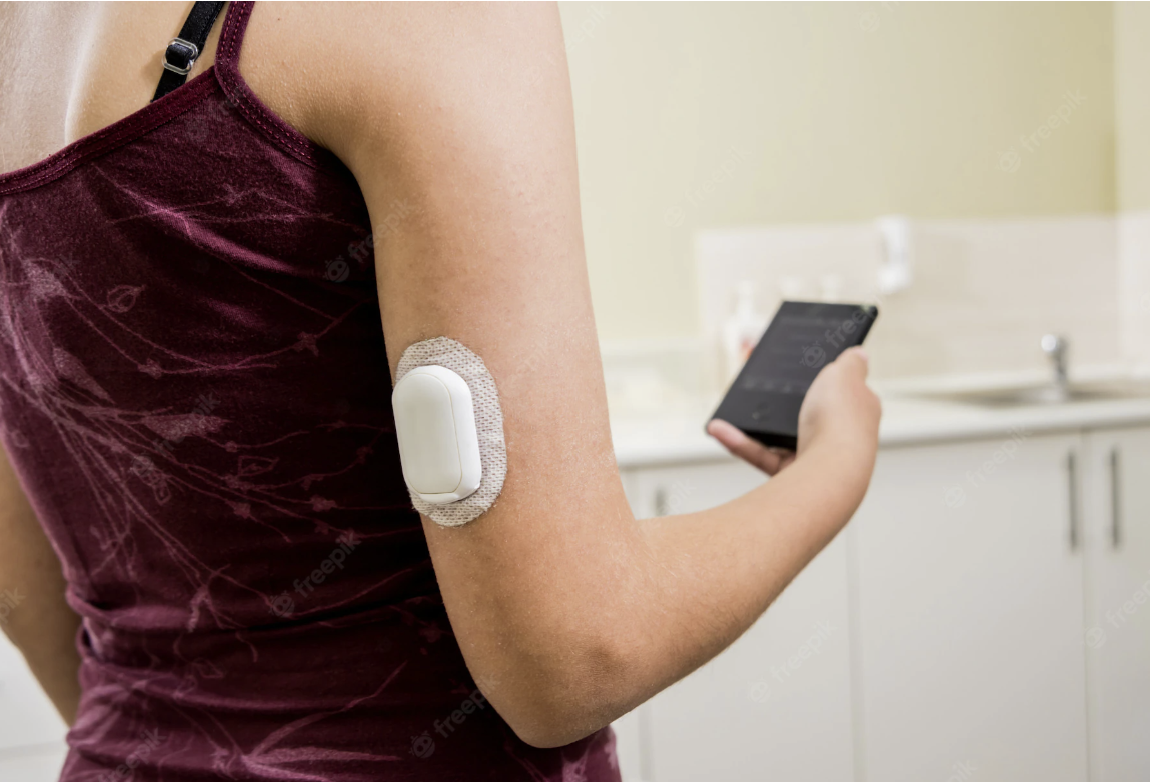PROJECTS
FLEX-AP
BEYOND HYBRID ARTIFICIAL PANCREAS SYSTEMS: RELIEVING CARB COUNTING VIA FLEXIBLE-USER-INTERACTION MULTIPLE-INPUT CONTROL ARCHITECTURES (FLEX-AP)

Administrative data
Program: Subvenciones 2022 programa Prometeo para grupos de investigación de excelencia.
Project reference: CIPROM/2021/012
Title: Beyond hybrid artificial pancreas systems: relieving carb counting via flexible-user-interaction multiple-input control architectures (FLEX-AP)
Participating centers: Universitat Politècnica de València
Principal investigator: Jorge Bondia
Funded by: Generalitat Valenciana, Conselleria d’Educació, Cultura, Universitats i Ocupació
Duration: 01/01/2022- 31/12/2025
Funding awarded: €564,140.54
Summary of the project
There is a need to leverage improvement of glycemic control and user experience for the wide adoption of artificial pancreas technology in type 1 diabetes. A major challenge in this sense is meal control, with large glycemic impact and yet too burdensome for patients in current hybrid artificial pancreas systems due to carb counting. Consideration of human factors into a system’s design is of paramount importance for a successful technology adoption, since expectations and needs differ from patient to patient. “Perceived usefulness” and “perceived ease of use” by the patient yields to its behavioral intention to use the device. Systems designed to admit flexible user interactions at meals, with minimum loss of performance in the absence of meal announcement when compared to current hybrid systems, are needed. Insulin-pramlintide systems are identified as expected major players to achieve this objective.
The starting hypothesis of this project is that parallel multiple-input control architectures offer the required flexibility to accommodate to different levels of user interaction at meals without detriment of glycemic control, which may involve additional control actions with important constraints due to side effects such as pramlintide, analogously to glucagon. The overall goal of this project is to develop such new postprandial control strategies for an artificial pancreas with flexible user interactions at mealtime to maximize perceived usefulness and ease of use by patients. Clinical evaluation will be performed through mixed meal in-hospital and free-living ambulatory studies to analyze postprandial performance and system usability of developments with most immediate clinical translation. In particular, these studies will challenge the system with announced/unannounced meals, and meals with different nutritional composition.
People
Universitat Politécnica de València
- Jorge Bondia (coordinador)
- José Luis Díez
- Pedro García
- Sergio Romero
- Beatriz Ricarte
- Juan Fernando Martín (Personal doctor)
- Ricardo Sanz (Personal doctor)
- Alejandro J. Laguna (Personal doctor)
- Iván Sala (Personal doctor)
- Clara Furió (Personal doctor)
- Mario Martínez (Personal investigador de carácter predoctoral)
- Pablo Rodríguez-Bobada (Personal investigador de carácter predoctoral)
Hospital Clínico Universitario de Valencia
- Francisco Javier Ampudia

